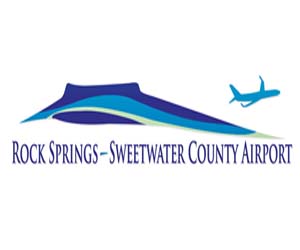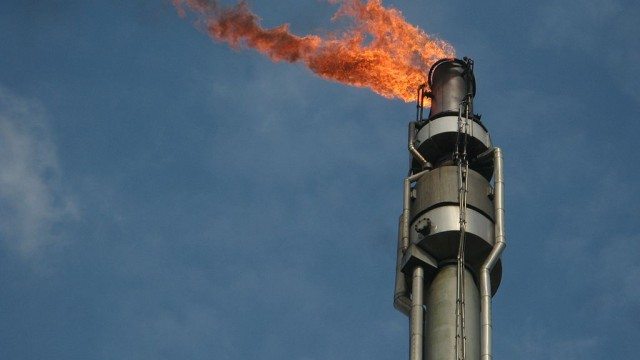
WYOMING NEWS SERVICE. – Some businesses are welcoming the Bureau of Land Management’s plans to curb methane emissions and say they’ll push for strong rules in the coming months.
According to Government Accountability Office estimates, taxpayers lose some $23 million a year in royalties when methane, the primary component of natural gas, is wasted through venting, flaring and leaks at well sites.
“Addressing waste is really a good thing for the businesses down the line,” said Matt Murdock, chief operating officer for the firm Alert Plus, who works with operators to monitor emissions. “In taking care of our lands, we’re taking care of our future, and to have those resources wasted – to have those resources go out with no profit on ’em for anyone – is silly.”
According to the BLM, the amount of gas lost from 2009 to 2014 could supply more than 5 million households for a year. The Western Energy Alliance has called the rules “unnecessary regulatory red tape.” The BLM estimates the net benefits of capturing methane could outweigh costs to industry by at least $10 million annually.
Research by the consulting firm ICF International estimated that at least $330 million worth of natural gas is lost each year, and a recent Colorado College poll showed that 80 percent of Westerners support limiting methane waste on public lands. Murdock noted that curbing emissions also benefits public health, and monitoring and plugging leaks helps workers at drilling sites, who face the biggest risks.
“These are people who are out there trying to bring us a very precious natural resource that we need as a nation,” he said. “So, there are inherent risks that go with it. But wherever we can minimize those risks seems to make the most sense, and it might cost more, but what price do you put on the value of a human life?”
The public will have 60 days to submit comments on the rules once they are published in the Federal Register. The BLM also plans to hold a series of public meetings in February and March.
The ICF research is online at edf.org. The Colorado College poll is at coloradocollege.edu.


